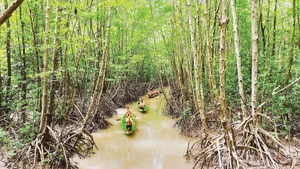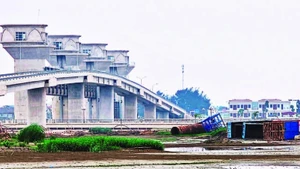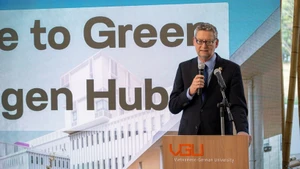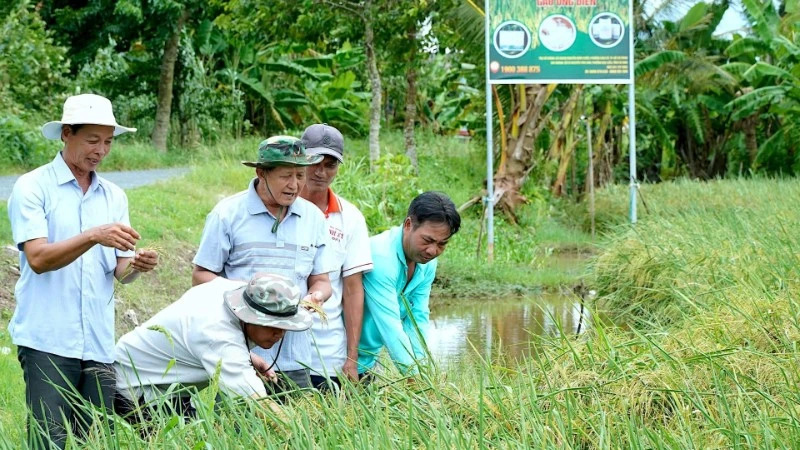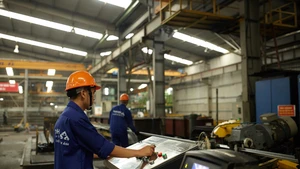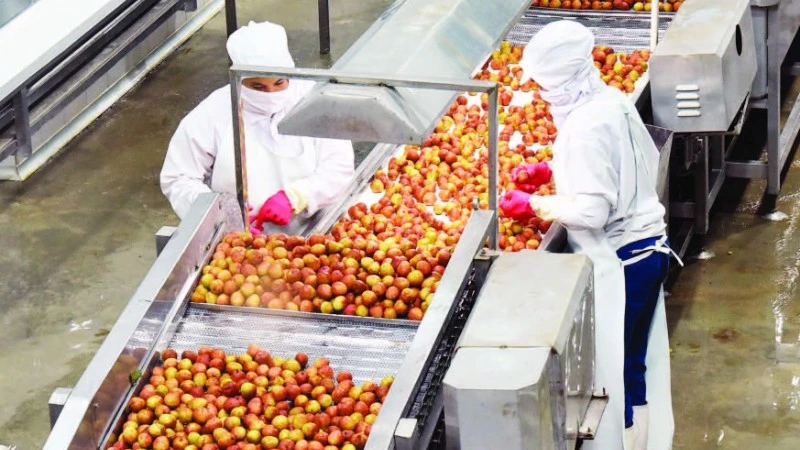The signing ceremony marks an important milestone in the promotion of biotechnology application in managing organic waste to produce high-quality organic fertiliser, thereby contributing to sustainable agricultural development in India.
According to the agreement, the two sides will collaborate to implement advanced organic waste treatment technology developed by Bioway Viet Nam, with the objective of converting organic waste into organic fertiliser within just six hours. This technology is considered a breakthrough solution in the management of agricultural waste, food industry waste, and urban waste.
The project is carried out in cooperation with Vedaviet Organics Private Limited. Under the plan, Bioway Viet Nam will invest around 50 million rupees (equivalent to about 600,000 USD) to build a pilot plant on the PJTSAU campus in Rajendranagar.
The cooperation between Bioway Viet Nam and PJTSAU is not only a technological partnership but also reflects a shared vision for green and sustainable agricultural development between Viet Nam and India.
In Telangana, heavy reliance on chemical fertilisers is creating budgetary pressure and degrading agricultural land. The biological treatment technology of Bioway Viet Nam enables the conversion of organic waste into organic fertiliser in six hours – offering a breakthrough technological solution that would help to improve soil fertility while reducing environmental pollution.
In addition to environmental benefits, the project also generates jobs and sustainable livelihoods for rural communities through a network for collection and production of organic fertiliser. Once the model operates stably, the two sides plan to expand the application of the technology to the states of Andhra Pradesh, Karnataka, and Maharashtra.

